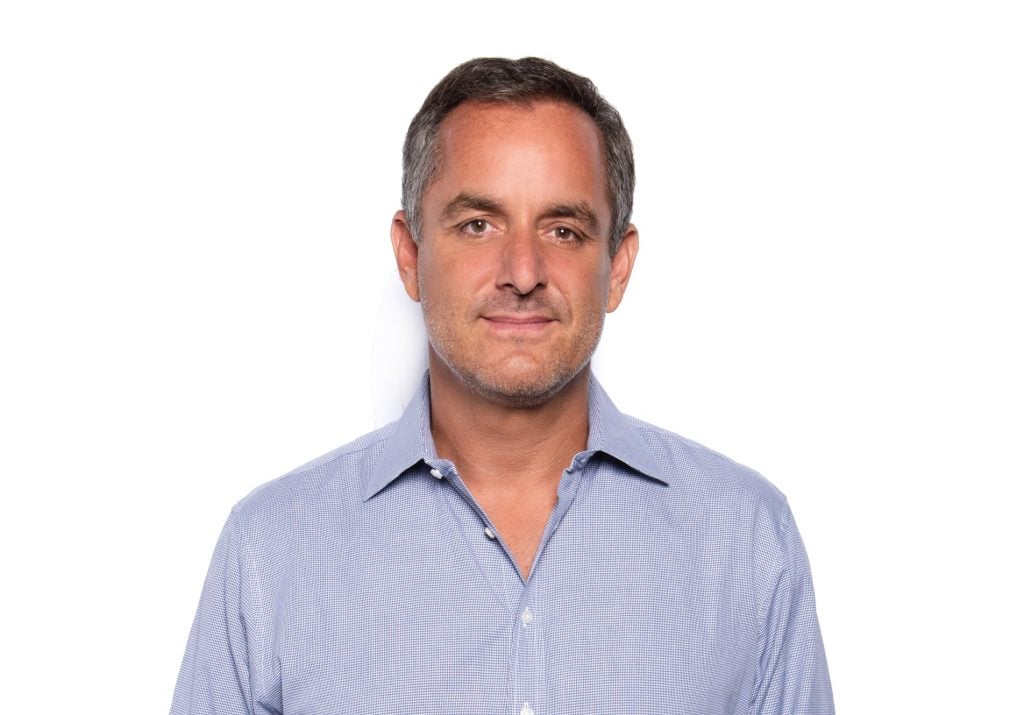
Few things rock a family like one of its members battling the disease of addiction: one person becomes a slave to a substance and the entire ecosystem of a family is disrupted.
This is not a phenomenon exclusive to the traditional ole’ blood family, either.
As someone with a deeply close circle of friends who turn to each other for stability and serve as one another’s prime source of love and connection in the world, my sacred chosen family has been shattered by the disease, too.
Addiction destroys everyone in its wake.
That’s why Crisis Case Management founder Mike Appel believes it’s crucial that the entire family system be treated.
But here’s the harshest reality for families plagued by addiction: You can attend the meetings, stage the intervention, go to family therapy, and still lose your loved one to the disease. Even the most privileged people on the planet with the most exclusive resources at their fingertips are not protected from the very real possibility of a fatal outcome.
Appel, who has worked with hundreds of families over the course of his twenty-five-year career and is currently writing a book about addiction, says that overdose-related deaths have sky-rocketed in the past few years due to the rise in fentanyl-laced drugs. “The timeline to death” is, in Appel’s words, sadly, “much faster” than ever. (According to the National Institute on Drug Abuse, there were approximately 92,000 overdose deaths in the US in 2020 alone. In 1999 there were well under 20,000.)
So how do families who so badly want their beloved member to be successful in their recovery journey grapple with these grim statistics? How do we muster the strength to even try when the chances of success are such a damn crapshoot?
Appel believes it’s time we redefine what “success” means within the context of addiction and recovery. His philosophy is that family members (blood or chosen) need to pepper some nuance into their interpretation. He says, “If ten family members have been affected by one addict and the addict doesn’t get sober but a whole family comes out of this process more healed than before, that—to me—is a success.”
He also believes that if the family neglects to do the work it takes to heal, the impact of the person’s behavior could be felt by future generations. So essentially, by being an active participant in your loved one’s recovery journey, you’re not only helping the addict heal but also breaking a cycle of toxicity that otherwise might have been passed down to kids and grandkids.
Appel’s approach has proven wildly effective for the families that continue to work with him and Crisis Case Management. His philosophy is that while family members “don’t have power over the outcome” of the journey, they aren’t as powerless as they might feel.
“Families have far more power than they realize,” he says. “They just need to access it.” He says that many families come to him not realizing how “punished they’ve been by the disease and he believes they will feel far more empowered if they take control of what they do have power over.
So what does the loved one of an addict have power over? According to Appel, some of those things are as simple as not giving the addict money or not “allowing their fifty-year-old child to continue to live in their basements.”
What stops family members from enforcing these boundaries is falling into the fear-based trap of the “what if” game. What if my loved one ends up living on the street because of my boundary? What if they end up in jail or end up selling their bodies or dealing drugs because I didn’t give them money?
Appel says we need to accept — as painful as it is — that as long as a loved one is abusing substances, he or she is already veering toward a path that inevitably will lead to these dark consequences. And if we channel our energy into enabling their well-being over their addiction (by doing things like participating in treatment, rather than dolling out wads of cash), their chances of recovery are far higher. We can also take solace in knowing that regardless of the outcome, our actions didn’t contribute to their death.
Appel has worked closely with families who have, devastatingly, lost their child to overdose but are still incredibly grateful to have participated in their child’s recovery. This isn’t just because a whole family had the space to safely work through the pain and devastation that they’ve experienced but also because they were able to take solace in the fact that they did everything they could.
“You want to know that you refused to participate in their slow suicide,” says Appel.
As someone who has felt beaten down and disempowered by a loved one’s heartbreaking struggle with addiction, Appel’s reframing of success makes me feel energized and ready to participate in their recovery. For my loved one. But also, for me.
Advertising disclosure: We may receive compensation for some of the links in our stories. Thank you for supporting LA Weekly and our advertisers.
